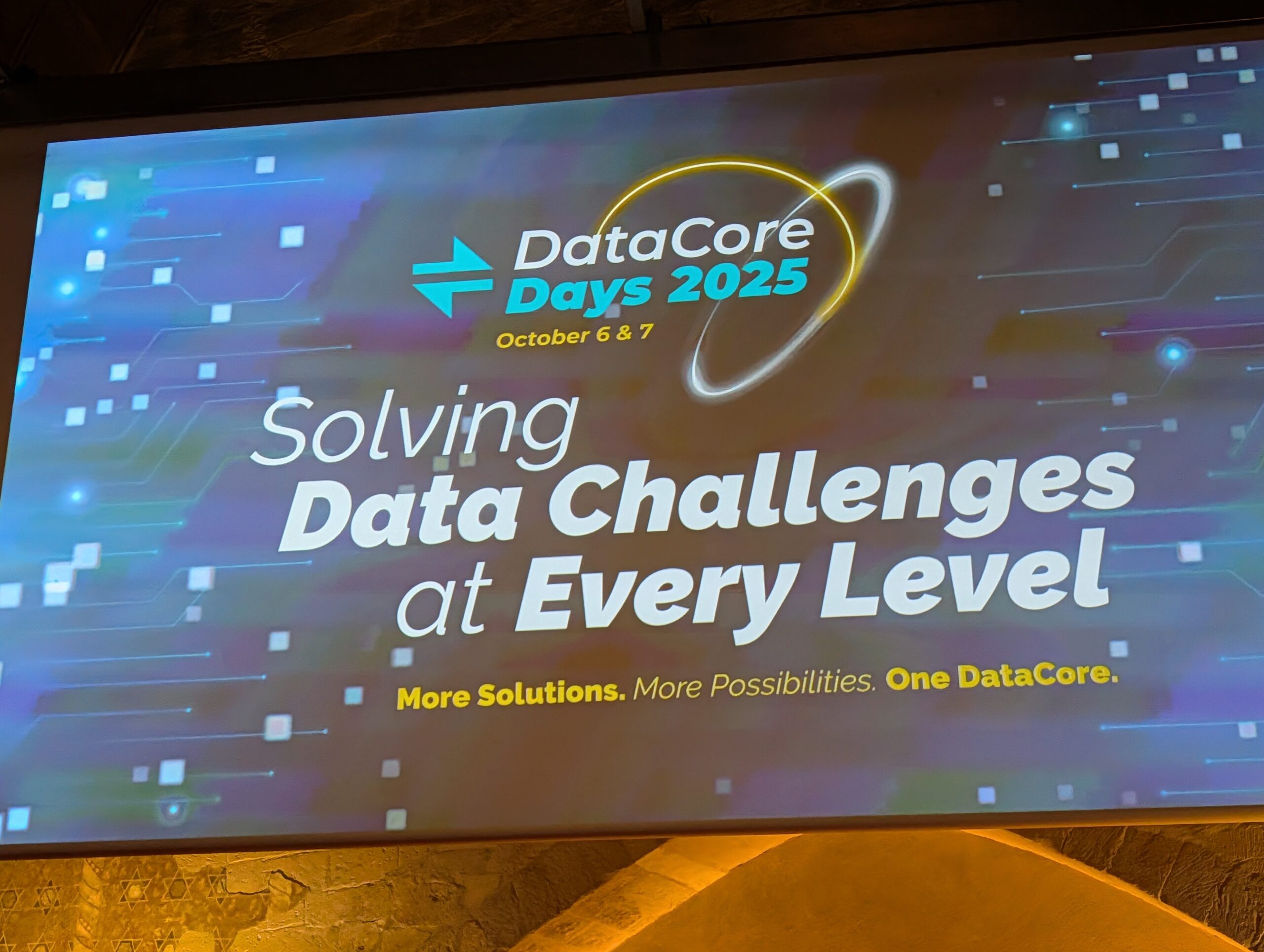
"Three core principles are currently central: freedom from infrastructure, protection of data, and preservation of digital assets. In this case, freedom means that organizations do not have to depend on specific hardware, hypervisors, or cloud platforms. Zabrowski also describes this as "breaking down the walls," something that, according to DataCore, is more relevant than ever. The battle against vendor lock-in, which has been particularly prevalent among companies since Broadcom's acquisition of VMware, is an important starting point."
"In addition, protection is key. Systems must be resistant to cyberattacks, hardware failures, and human error to ensure business continuity. DataCore promises that intellectual property and business information will remain secure at all times, even when staff are temporarily unavailable, for example, on weekends or holidays. Thirdly, DataCore recognizes that investments in infrastructure and data storage must be future-proof. Historical data, designs, and digital assets must remain accessible without every technological innovation leading to new costs."
"DataCore has grown enormously in recent years through a series of acquisitions and organic expansion. Three core principles are currently central: freedom from infrastructure, protection of data, and preservation of digital assets. Every choice in product development and strategic direction is assessed against one of the three values above. Many organizations struggle with recurring questions about availability, security, and flexibility. Is data always accessible? Is the infrastructure stable? Can regulations such as GDPR and NIS2 be complied with?"
DataCore expanded rapidly through acquisitions and organic growth and now centers product and strategy on three core principles: freedom from infrastructure, protection of data, and preservation of digital assets. Freedom enables organizations to avoid dependency on specific hardware, hypervisors, or cloud platforms and to resist vendor lock-in and costly long-term licensing. Protection requires resistance to cyberattacks, hardware failures, and human error to maintain business continuity and secure intellectual property even when staff are unavailable. Preservation demands future-proof storage so historical data and digital assets remain accessible without recurring migration costs. Every product and strategic choice is evaluated against these values as organizations face rising complexity and regulatory demands.
Read at Techzine Global
Unable to calculate read time
Collection
[
|
...
]